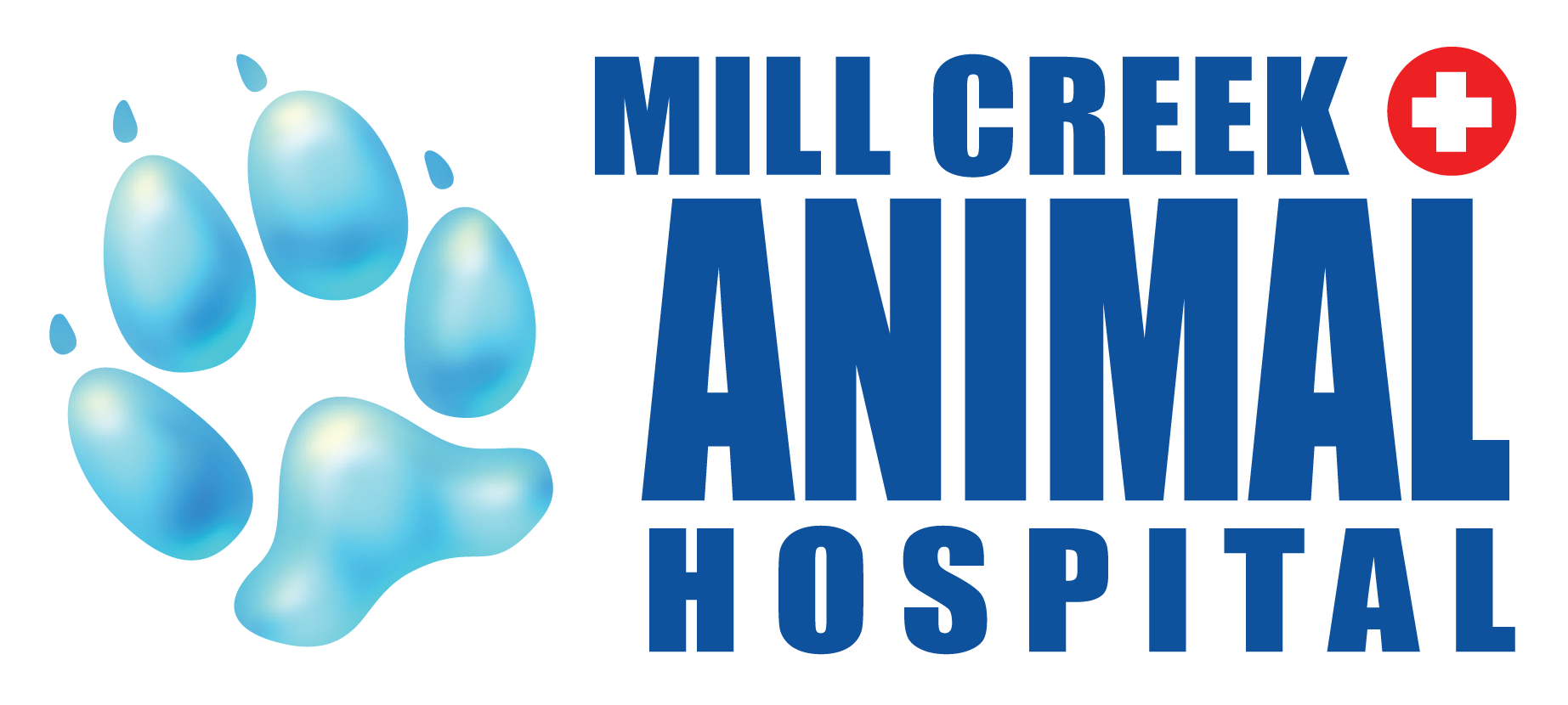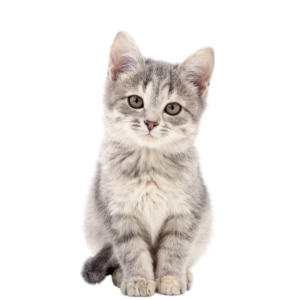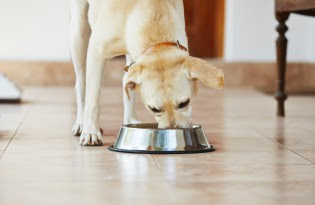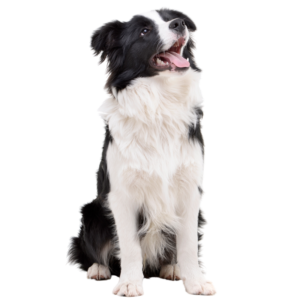As pets age, they need a little more tender loving care than they did when they were young sprouts. Their bodies have been through a lot in their years and the insides, as well as the outside, need some extra care to keep them comfortable and happy for their golden years. The easiest way to give them this TLC is by providing them with a fully balanced diet that is unique to a senior pet’s needs. Here are 5 things that will help.
- Glucosamine and Chondroitin– Osteoarthritis affects 1 in 5 senior pets. Glucosamine helps prevent cartilage (cartilage cushions the space between the joints) from breaking down and helps lubricate the joints. It also has anti-inflammatory properties in it to help reduce pain. Chondroitin is one of the building blocks that help to repair or reduce the rate of cartilage degradation. When a senior pet has arthritis, it can be quite painful to do something as simple as getting out of bed. Helping your pet by giving glucosamine and chondroitin and also by keeping the weight off is very beneficial. The more your pet weighs, the more strain is on their joints and the less effective glucosamine and chondroitin will be. Exercising in amounts your pet can handle to help keep the weight off which will help the joints immensely.
- Omega Fatty Acids– They have numerous benefits for your aging pets. Not only do they help the skin and coat which can start to look and feel dry, but they have anti-inflammatory properties that help in the arthritis fight. Omegas play a role in the syntheses of keratinocytes and keratin. Chelated Zinc has been shown to increase the rate of hair growth, and Vitamin A helps prevent dandruff and Biotin prevent dry skin and hair loss. These are just a few things Omega Fatty Acids do to help your pet in the aging process.
- Antioxidants– When pets age, they are more susceptible to free radicals. When free radicals are allowed to roam free they can cause reduced cognition, disrupt sleep/wake cycles and can also have a negative effect on appetites. Antioxidants can help with this by binding to the free radicals to decrease the damage that can be caused by them. Basically, they can help with brain health.
- Fiber– When pets hit the senior stage of their lives, they are more prone to obesity and constipation. Fiber helps both of these issues and more. Fiber also promotes healthy intestinal motility and aids in the health of the cells that line the inside of the colon. It dilutes calories for overweight pets; remember, less weight equals less strain on their joints! So fiber helps in gastrointestinal health, lowers calories to prevent obesity and helps your pet to stay regular to combat constipation. Something as simple as fiber does so much to aid your senior pet!
- Protein– You want a higher quality protein, not necessarily more protein. This helps maintain body weight and muscle mass without putting too much strain on the kidneys. When pets age, they become less active and have reduced lean body mass. Adequate and high-quality protein helps with this issue which sounds like a small issue but can have an enormous impact on the quality of their lives.
Some other things to keep in mind; the olfactory and taste perception senses start to not work as well so it can help to add some warm water to dry food to make it more appealing. Canned food will also help to keep them hydrated and interested in their diet. Moreover, as always, if your pet seems to be “off” in general or not as interested in eating as they usually are, call and book an exam and senior blood work with your veterinarian. There may be some underlying causes happening, and your veterinarian would be able to diagnose those and help you and your pet enjoy their golden years in comfort. 5 Things Your Senior Pet Needs in a Food and Why
Written by Jill Thiessen, Clinic Manager



